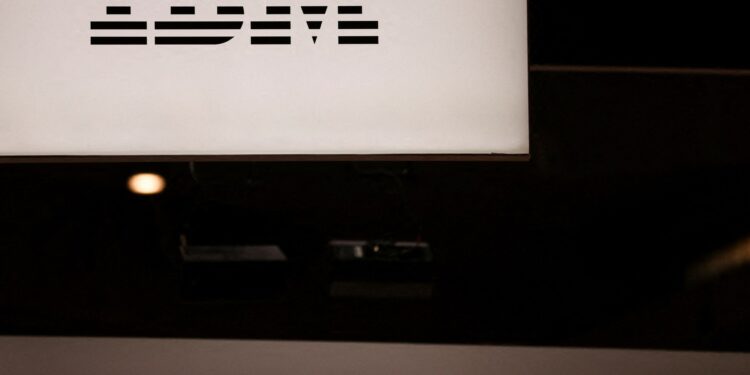IBM plans to invest $ 150 billion in the United States, including in quantitative computers production facilities over the next five years, thus being the latest American technical company that supports the Trump administration’s efforts to local manufacturing.
The company’s announcement yesterday, Monday, comes in the wake of similar pledges from major technology companies such as Invidia and Apple, as each of them announced that it will spend about $ 500 billion in the country over the next four years.
Analysts believe that these spending obligations are an openness to US President Donald Trump, whose customs definitions threaten to destabilize supply chains and increase the costs of the technology industry.
Manufacturing
IBM, an important government contractor as well, stated that more than $ 30 billion of total investment will be used to expand its manufacturing in the United States for quantum computers and central computers, systems used to process huge data and vital applications.
The company operates one of the largest fenies of quantum computing systems in the world, which is to provide stronger performance in thousands of times than traditional computers.
“We believe that” IBM “will continue to invest in the field of emerging quantum technology, this number is likely to be a gesture towards the American administration,” said Loua, an analyst at the company, “DA Davidson”, noting that “IBM” will continue to invest in the field of emerging quantum technology.
The recent achievements in the field of quantum computing, including the new generation of chips announced by Google last December, led to an increase in interest in this sector, although CEOs are still divided into the date of realistic applications for this technology.
Google aims to issue commercial applications within 5 years, while Ginsen Huang, CEO of Invidia, expects a 20 -year waiting for practical uses.
Seducted contracts
“IBM” said last week to cancel 15 of its governmental contracts in light of a campaign to reduce costs by the Trump administration, a setback that overwhelmed its optimistic expectations for the second quarter revenues, and led to a decrease in its shares.
The total cash and its equivalent to the company reached $ 14.8 billion on December 31, and the company spent $ 1.13 billion on capital expenditures last year, while the total expenditures amounted to $ 29.75 billion.



